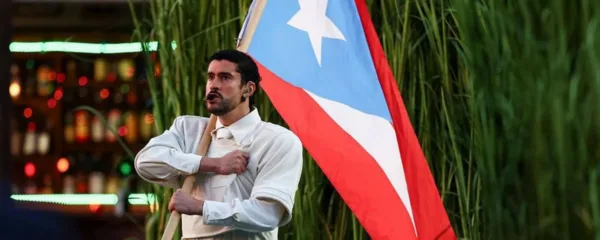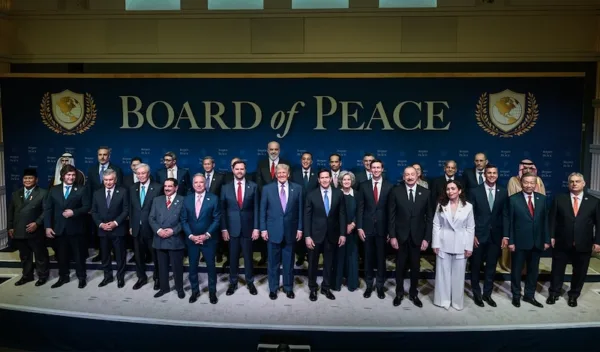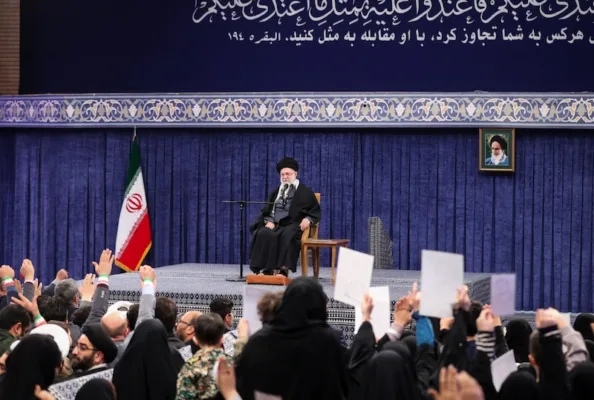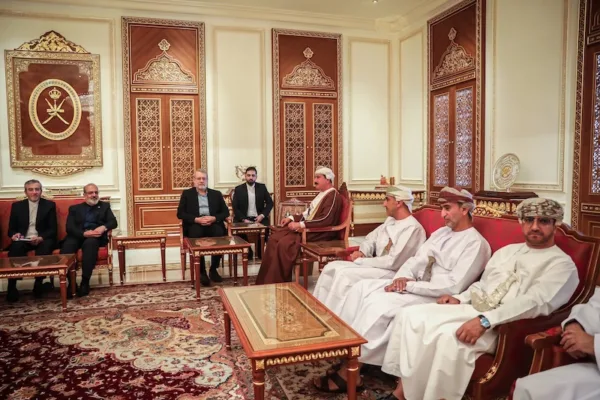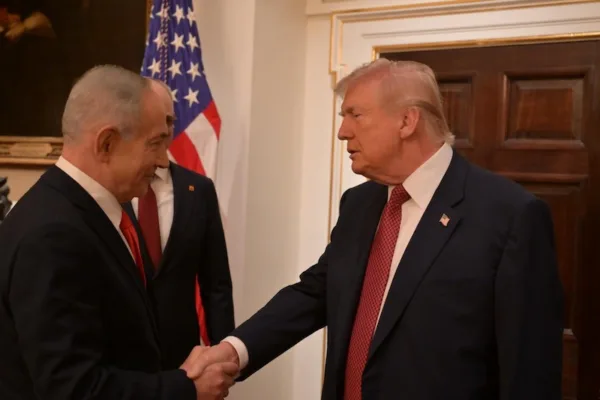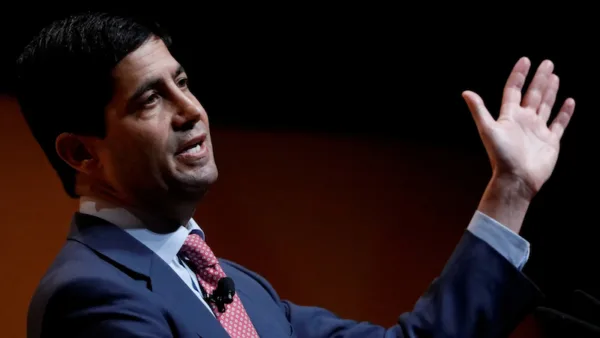Turkish constitutional referendum and beyond
Turkey’s constitutional referendum is just one day away. As a result, both sides desperately want to wake up to a new reality on Monday. The vast majority of pollsters indicate that the race, once too close to call, will likely be won by the “yes” campaign. Personally, I predict that Turkey will have adopted a new system of government capable of overcoming parliamentarianism’s structural crises when the vote count ends. Over the following months, Parliament will focus on institutional arrangements as part of the broader transition to a presidential system.
The prediction that the referendum will pass inevitably makes one think about what lies ahead. After seeing the claims of prominent Western media outlets that Turkey was sliding into dictatorship, I have no doubt that the constitutional referendum won’t mark the end of the country’s quest for international prominence. A few months ago, Western observers tried to claim that the future would look grim if the referendum passed. Nowadays, they maintain that Turkish democracy is doomed either way. On Wednesday, the Wall Street Journal described Sunday’s vote as “the road to serfdom” and argued that the referendum would lead to disaster. If the referendum passed, the paper claimed, it would no longer be possible to vote President Recep Tayyip Erdoğan out of office. If the “no” campaign won, Erdoğan would mount more pressure on his critics. Speculating that Turkey was at risk of becoming an Islamist country like Iran, the Wall Street Journal said that many people in the West could conclude that Islam was not compatible with democracy.
Not a big fan of the Wall Street Journal? You can read the same thing in the Washington Post, the New York Times, the Economist and Le Figaro. When you see their stories and hear the staunchest opponents of constitutional reform complain that the referendum lacks legitimacy because the campaign was unfair, you realize something: Turkey’s quest for stability, welfare and democratic consolidation is a marathon. In the face of the July 15 coup attempt, the nation’s will crystallized. Now we must be prepared for future challenges.
Until stability is restored in Syria and Iraq, assaults against Turkey’s security and democracy will continue. The United States and European governments will probably assume a dual approach. On the one hand, they will come to terms with the fact that President Erdoğan and the Justice and Development Party (AK Party) are here to stay. They will try to cooperate with Turkey on Syria, immigration and regional transformation. On the other hand, the anti-Erdoğan campaign will continue its effort to keep the domestic opposition alert. Even if Turkey adopts a presidential system, they will start saying that Erdoğan shouldn’t be re-elected.
There should be no doubt that the people who claim the president will become an “elected dictator” under the new system will try to present Erdoğan’s opponent in the next presidential race as a champion of democracy. It has become clear that the new system’s opponents have a problem with one person rather than the proposed change.
In the referendum’s aftermath, the government will have two responsibilities: A comprehensive reform plan must be introduced and implemented to address the grievances of the Kurds and the Alevi community, among other social groups. At the same time, the government needs to take steps to ensure that outsiders won’t be able to push these groups toward extra parliamentary opposition.
This article was first published in Daily Sabah on April 14, 2017.

